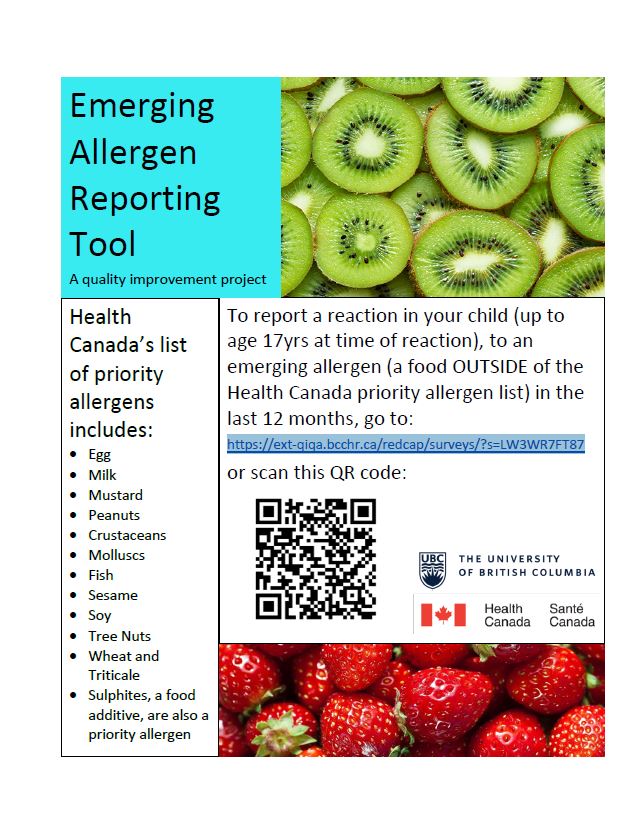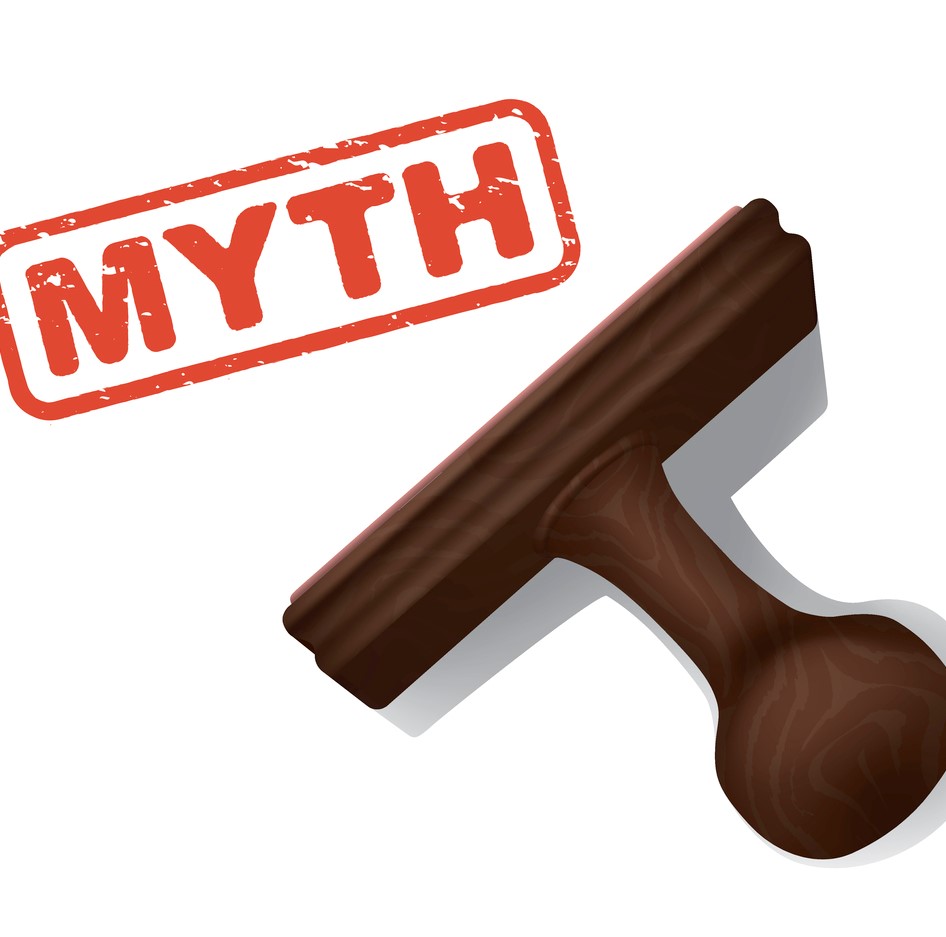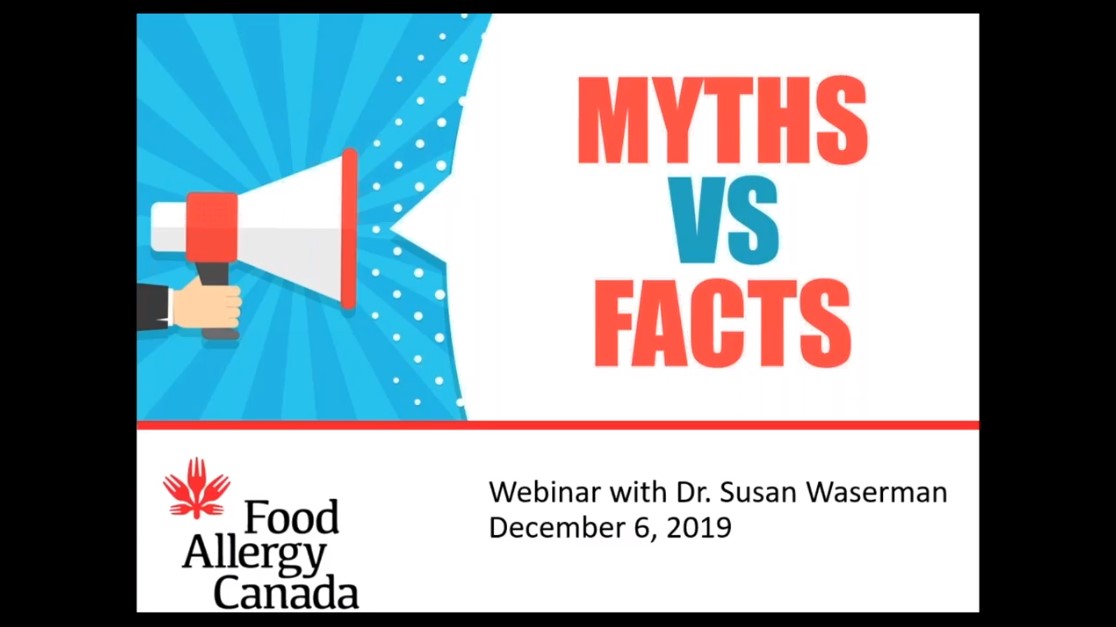If you’re a parent, participate in a study on emerging allergens before it closes. Plus, check out our latest mythbuster on allergic reactions.
Research: Share your experiences in an important research study on emerging allergens – survey closes this month

Parents – please participate in the emerging allergen study before the survey closes this month. If you have already done so, thank you for participating.
You are invited to complete the survey if your child has had a reaction to an allergen outside of the priority food allergens in the last 12 months. Your participation will help researchers, and advocacy groups like ours, better understand emerging allergens.
The survey closes on September 30, 2020.
Mythbuster – Do allergic reactions always happen within minutes of eating a food?

FACT: Reactions often occur within minutes, however, the timeframe can vary up to several hours after exposure.
Some people may have a second or biphasic reaction after initial symptoms have resolved from the first reaction and in the absence of any further exposure to the allergen. Biphasic reactions appear to be more likely when the first dose of epinephrine given was delayed. The second reaction can be less severe than the first reaction, the same, or more severe.
Bottom line: Give epinephrine at the first sign of a known or suspected anaphylactic reaction.

Learn more about treating reactions, the importance of epinephrine, and review the 5 emergency steps.

Watch our food allergy myths recorded webinar with Dr. Susan Waserman, to find out more facts behind common food allergy myths on food allergens, signs and symptoms, reactions, and more.
Help us educate your communities and share this mythbuster with them! Find more mythbusters at foodallergycanada.ca/mythbusters.
Content is based on information included in our food allergy myths webinar by Dr. Susan Waserman, MSc, MD, FRCPC.
Tags: advocacy, mythbuster, Research
